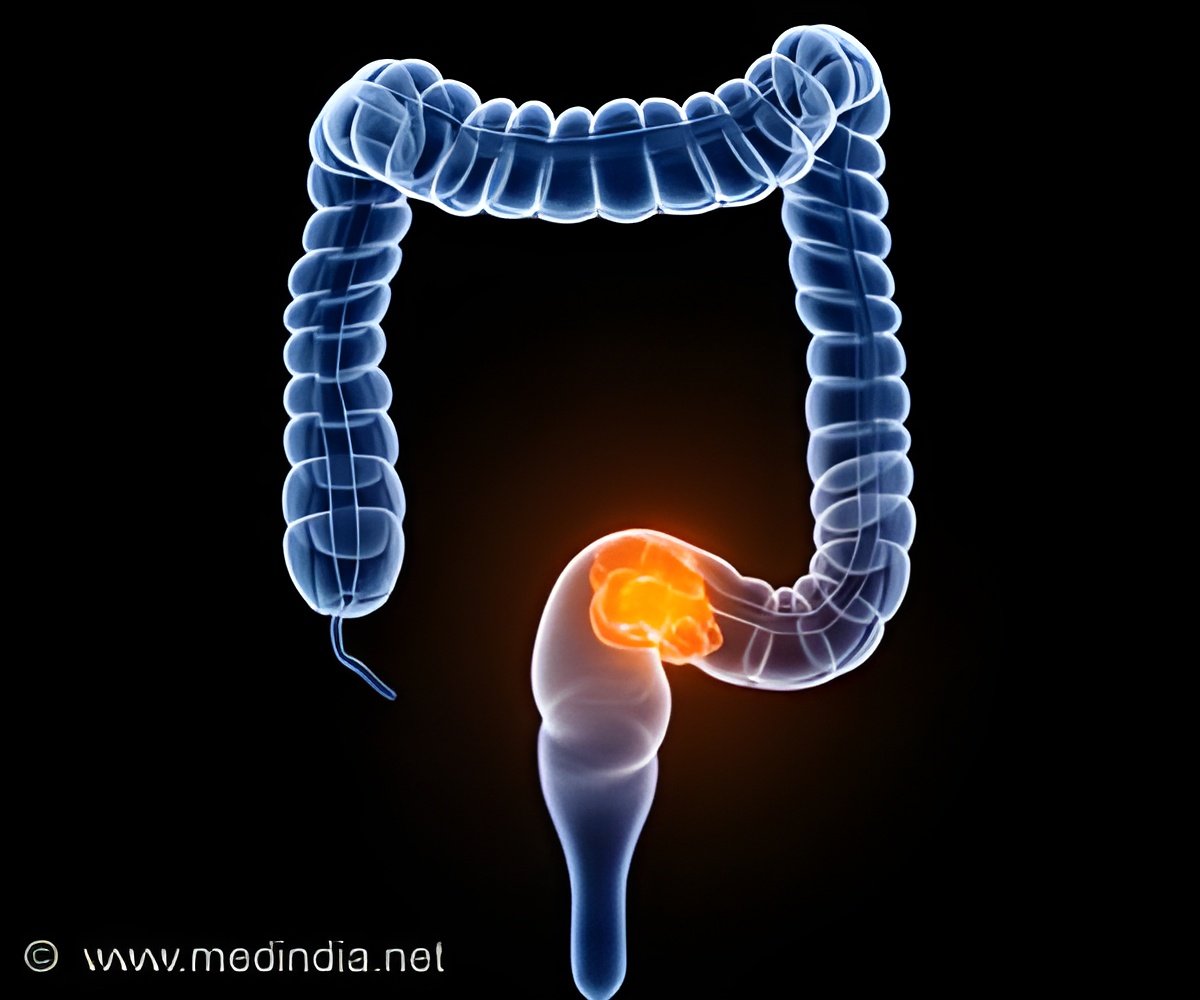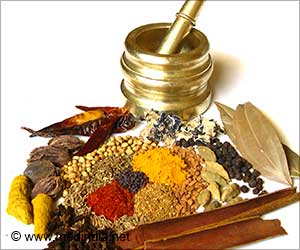Eating fiber-rich foods boosts good gut bacteria, helping protect against harmful bacteria and infections.

- Fiber boosts beneficial gut bacteria, which protect against harmful microbes
- Faecalibacterium produces short-chain fatty acids that prevent infections
- Dietary changes are more effective than probiotics in reducing infection risk
Fiber helps your gut fight off harmful bacteria and infections naturally! #medindia #guthealth’
Gut Microbiome Composition and Their Health Importance
The human gut microbiome comprises all the bacteria present in the body; some are beneficial, and some become pathogens if their numbers increase. Normally, Enterobacteriaceae are not very invasive, but when they multiply in large quantities, it becomes fatal. This overgrowth may be a result of conditions such as inflammation or consumption of food parts that have been contaminated. Normally, these bacteria can be found in the gut and, in large concentrations, they can cause life-threatening conditions (1✔ ✔Trusted SourceEcological dynamics of Enterobacteriaceae in the human gut microbiome across global populations
Go to source).
Protective Role of Beneficial Bacteria
The authors determined that one can find a specific microbiome signature that determines a person’s vulnerability to Enterobacteriaceae colonization. This is because their study discovered that 135 species of gut bacteria were prevalent in those who tested negative for Enterobacteriaceae, part of the body’s natural defense as per their research.Among these protective species is Faecalibacterium, which is a group of bacteria that help synthesize short-chain fatty acids when digesting the fiber part of the vegetable, beans and whole grain products.
Fiber’s Impact on Gut Health
The main focus of the study is to establish the role of dietary fiber in the growth of a healthy microbiota in the human gastrointestinal tract. These bacteria then produce short-chain fatty acids, molecules that reduce the susceptibility of the gut to pathogens such as Enterobacteriaceae. It is evident that when fiber ingestion is enhanced, conditions in the gut least suitable for the growth of pathogens such as Klebsiella pneumoniae are created and similarly for the pathogenic E, coli bacteria.This is due to the fact that, unlike fiber, which can be considered a true phytochemical, probiotics are supplements with live bacteria that may not exert a profound effect on the risk for Enterobacteriaceae infection. Probiotics are not like dietary fiber which seems to change the nature of the gut environment and provide the friendly flora with a barrier against pathogenic bacteria.
Implications for Antibiotic Resistance
New strains of bacteria such as Klebsiella pneumoniae have been producing antibiotics making it harder to treat the infections. Fewer numbers of treatments are available for chronic diseases, and therefore emphasis has been placed towards prevention. With so many health benefits, people should start paying attention to their gut and make the necessary dietary changes that will prevent Enterobacteriaceae overgrowth and subsequent infection.This research provides key information about diet and its effects on the body’s microbiome to combat bacterial infections. Dietary fibre from vegetables, beans and whole grain foods promotes the development of these friendly bacteria which can prevent Enterobacteriaceae-related infections. While new cases of antibiotic resistance grow, maintaining a healthy balance of gut bacteria through food choice is a preventative means to averting infection.
Reference:
- Ecological dynamics of Enterobacteriaceae in the human gut microbiome across global populations - (https://www.nature.com/articles/s41564-024-01912-6)
Source-Medindia















